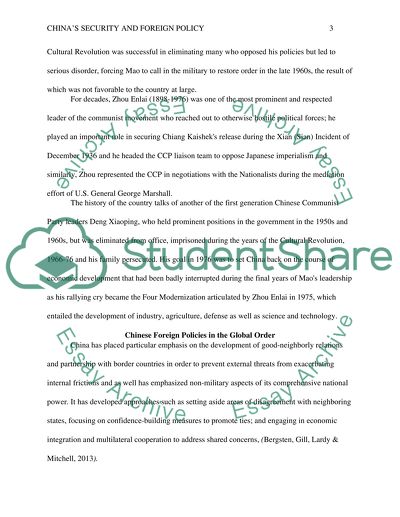Cite this document
(“The impact of Chinese Communist Party leaders' legitimacy to rule on Essay”, n.d.)
Retrieved from https://studentshare.org/history/1498446-the-impact-of-chinese-communist-party-leaders
Retrieved from https://studentshare.org/history/1498446-the-impact-of-chinese-communist-party-leaders
(The Impact of Chinese Communist Party leaders' Legitimacy to Rule on Essay)
https://studentshare.org/history/1498446-the-impact-of-chinese-communist-party-leaders.
https://studentshare.org/history/1498446-the-impact-of-chinese-communist-party-leaders.
“The Impact of Chinese Communist Party leaders' Legitimacy to Rule on Essay”, n.d. https://studentshare.org/history/1498446-the-impact-of-chinese-communist-party-leaders.


